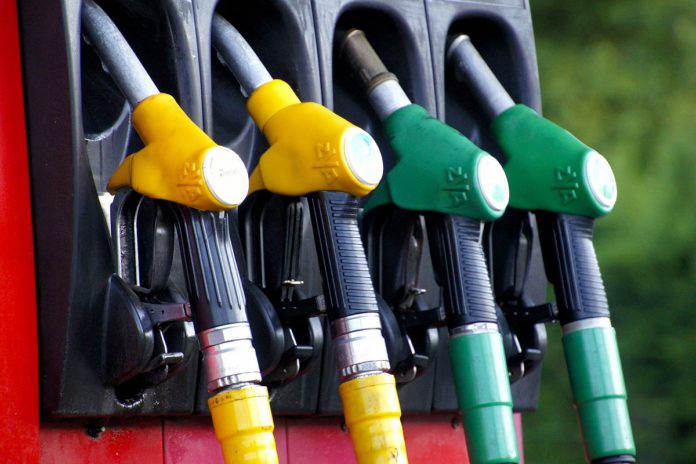Fuel prices have increased by over 30% in Ireland over the last year.
That is according to figures AA Ireland released, which show that at the start of 2022, fuel prices remain close to the “highest levels ever recorded”.
Its data indicates that the average national price of petrol is currently 170.3c/L, while diesel stands at 160.5c/L, on average.
According to AA Ireland’s Anna Cullen, in January 2021, the average fuel price stood at 129.9c/L petrol and 120.8c/L for diesel.
Therefore, she said this means the price of petrol has increased by 31% in the past year, and there has been a 33% increase in the price of diesel.
“The prices this month are on par with December 2021, with a negligible decrease of about 1%. They are down by 1.5% on November figures when AA Ireland reported record-high fuel prices,” she explained.
According to the automotive services company, Ireland is the 17th most expensive country in the world for fuel and ranks 12th in Europe.
The most expensive countries include Hong Kong, the Netherlands, Israel, Norway, Finland, Denmark, the UK, Greece, Iceland, and Sweden.
Why are fuel prices so high?
According to AA Ireland, 60% (two-thirds) of the price consumers pay at the pumps is tax, including VAT and carbon tax.
It pointed out that it can take two weeks for any reductions to reach the pumps.
Then, there is the cost of oil and production, the statement added.
In early 2020, OPEC Plus (a large group of oil-exporting nations), members agreed to cut output by about 10 million barrels a day (bpd) due to the lack of demand.
However, oil demand has risen “significantly” and will continue to rise this year, AA Ireland added.
“The difficulty is that oil producers aren’t keeping up with this demand, causing prices to stay high,” a spokesperson said.
“This is evident as the cost of a barrel of Brent Crude Oil is now at $85 (€75). On Friday (22nd), the cost rose to $88 – the highest seen since 2014.”
Meanwhile, Cullen added that each month since the pandemic hit, OPEC Plus members have met to set output quotas.
“In July 2021, the group set out plans to raise the overall output by 400,000 barrels a day (bpd) each month – but they have been missing the targets.”
Despite missing the targets, they met again last Tuesday (18th) and agreed to “stick” with its planned increase for February.
In its monthly report, OPEC said this year’s demand rise will take oil use above pre-Covid-19 pandemic levels.
On an annual basis, according to OPEC, the world last used over 100 million bpd of oil in 2019.
Outlook for fuel prices
Concluding, Cullen said: “Unless supply meets demand, fuel prices will remain high in Ireland and across the world.”
“We don’t see fuel prices coming down any time soon, which is really concerning for consumers.”
“We also have to look at our taxation system. 60% at the pumps is a very high figure, so it is within the remit of the government to ease the pressure on prices that consumers pay.”





